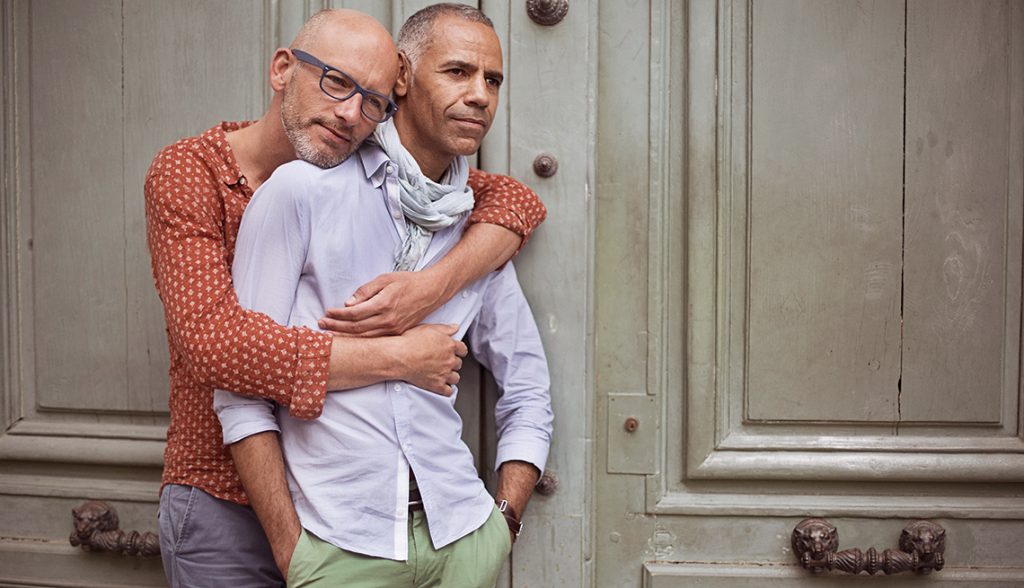LGBT Adults Fear Discrimination in Long-Term Care
Many lesbian, gay, bisexual or transgender (LGBT) older adults are worried that they won’t have the familial and social caregiving support they’ll need as they grow older. They are also concerned that they will face discrimination or harassment in long-term care facilities. Those are the findings of a new AARP survey of LGBT adults age 45-plus, “Maintaining Dignity: Understanding and Responding to the Challenges Facing Older LGBT Americans.”
Some 76 percent of LGBT adults are anxious about having “adequate family and/or social supports to rely on as they age,” particularly because they are likely to be estranged from family because of their gender identity. Their social networks more often include gay and straight friends (74 percent) rather than family (62 percent), and they are “significantly less likely to have kids and more likely to be single,” said Nii-Quartelai Quartey, an AARP senior adviser and national LGBT liaison.
Most of those surveyed do not have access to LGBT senior services in their communities, especially if they live outside of big cities. While the vast majority of LGBT older adults said their communities were at least somewhat LGBT-friendly, far fewer live where LGBT services for seniors are readily available. Only 10 percent of respondents in rural areas, 22 percent in the suburbs, 24 percent in medium-sized cities and 48 percent in big cities said they have access to such services.
LGBT adults are also nervous about how they might be treated in a long-term care setting. More than 60 percent surveyed said they think they might be refused or receive limited care, and they also fear they would be in danger of neglect, abuse, or verbal or physical harassment. Most are uneasy about acceptance and think that entering long-term care might force them to hide or deny their LGBT identity.
More than 80 percent of the survey respondents said they would welcome signs or symbols that indicate a facility or service is LGBT-friendly. LGBT adults would also prefer that long-term care providers be trained to handle their specific needs or that some staff identify as LGBT.
More than a million LGBT seniors live in the United States, and the number will double by 2030. “This is an opportunity for the health care and housing industries to step up and meet the needs of this growing demographic that aspires to thrive, not hide, as they age,” Quartey said.
You can read the entire survey at www.aarp.org/dignitysurvey.
H/T AARP






